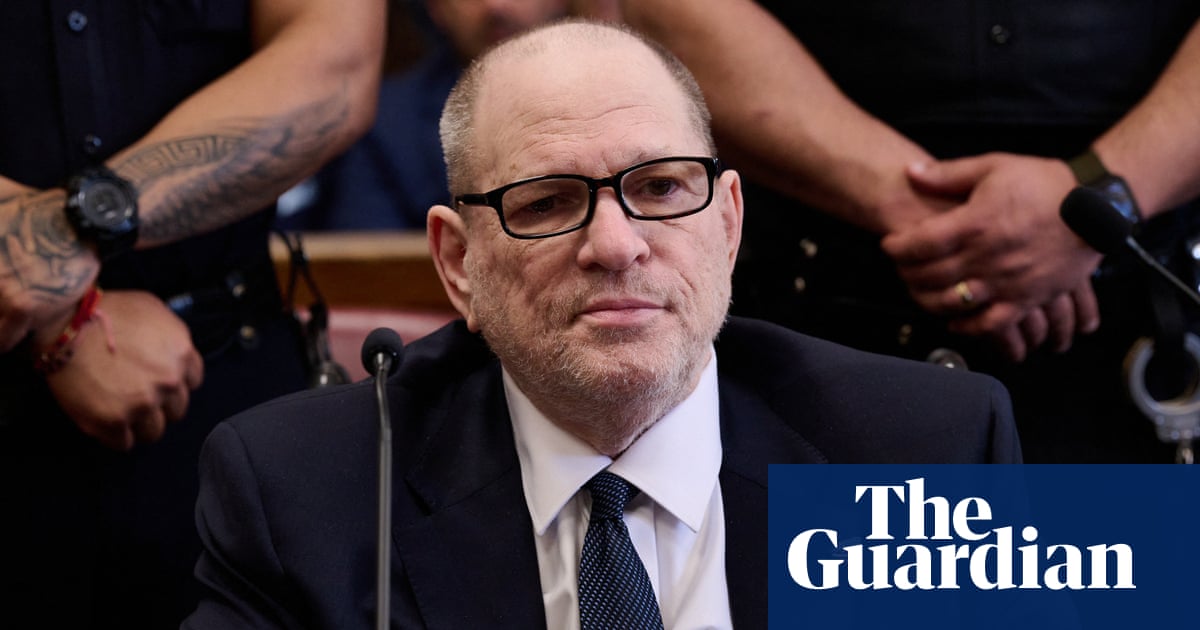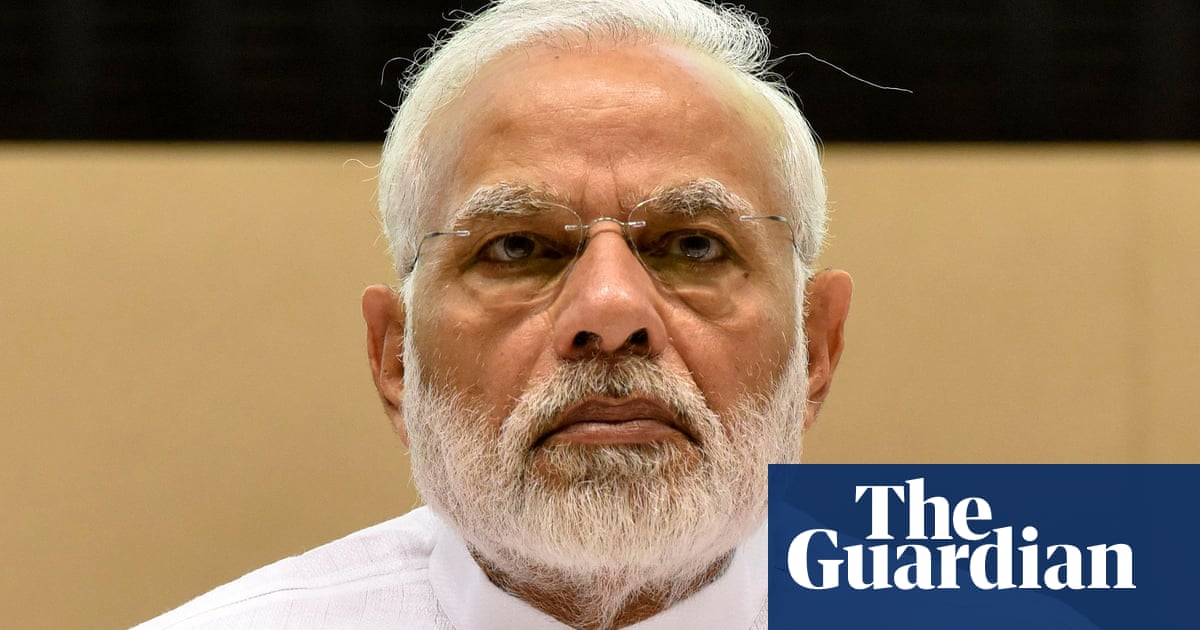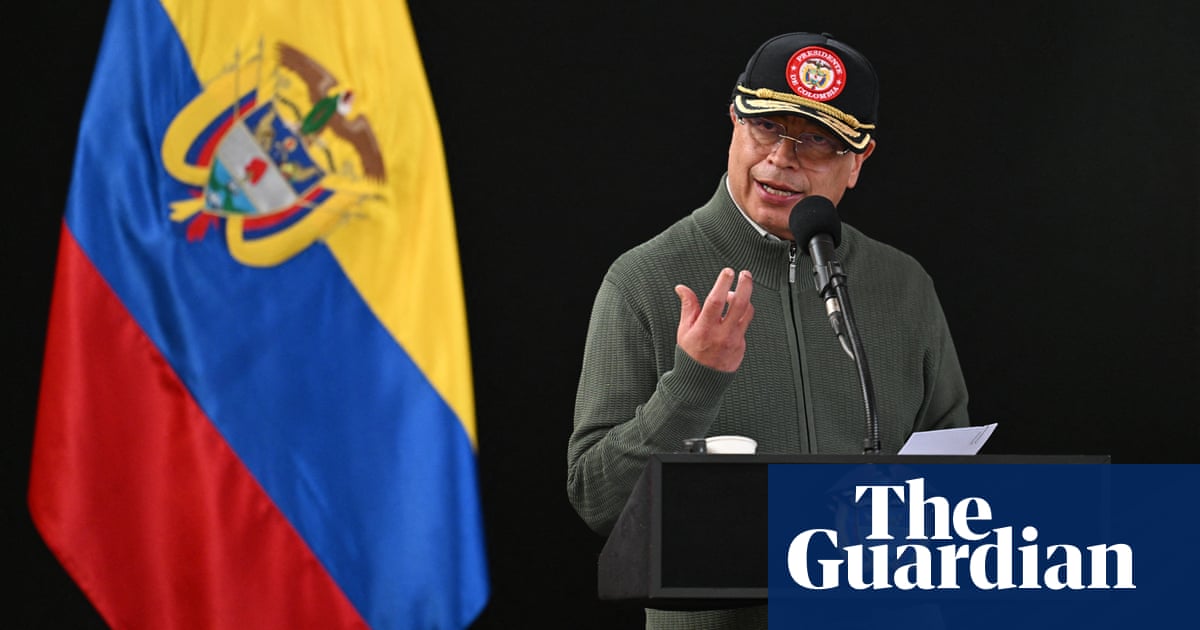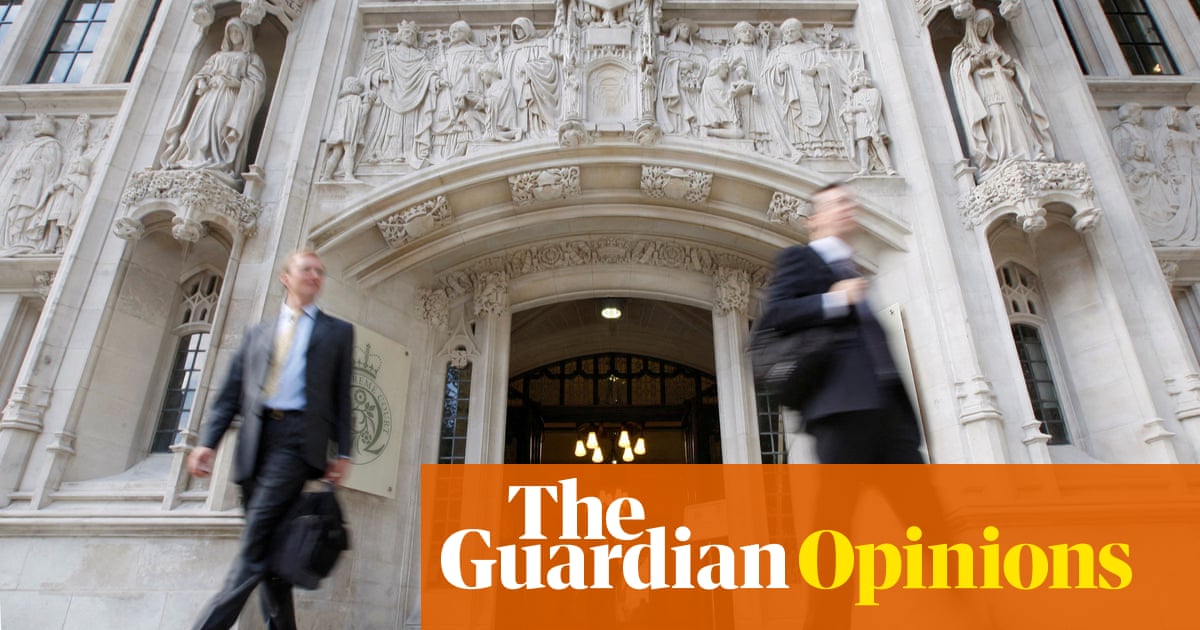They have been dismissed as idealistic and over-sensitive snowflakes, obsessed with healthy living and social media. But generation Z – those born between the mid-to-late 1990s and the early 2000s – has recently been accused of something far more sinister.
A Mail on Sunday poll of 18- to 27-year-olds found 67% were in favour of chemically castrating sex offenders and 45% supported the death penalty. A study for Channel 4 found 52% of gen Zers thought “the UK would be a better place if a strong leader was in charge who does not have to bother with parliament and elections”.
The Channel 4 report, Gen Z: Trends, Truth and Trust, also found 33% of those aged 13-27 agreed that the UK would be better off “if the army was in charge”, and 47% agreed that “the entire way our society is organised must be radically changed through revolution”.
But is the younger generation really so keen on authoritarian leadership?
Prof Linda Woodhead, a co-author of Gen Z, Explained: The Art of Living in a Digital Age, said her research had found 40% of those surveyed in the UK and the US did believe the political system needed major reform, and 15% felt it was entirely broken. Their disillusionment was rooted in what they saw as the failure of the political establishment to tackle existential crises such as climate breakdown.
This dissatisfaction was exacerbated by the jarring contrast between the freedom gen Zers enjoyed online and the frustrations they encountered offline when dealing with establishment institutions, such as government bureaucracy and political parties, added Woodhead, the head of the theology and religious studies at King’s College London.
“Online, they get a lot of voice from the minute they get their hands on a smartphone. They find it disillusioning when they don’t have that same level of recognition and influence in traditional institutions,” she said.
“Democracies are slow and inefficient. In old political systems you had to work your way up from the local level through membership and you might be 30 before you have a voice. This generation is not used to that. They have a sense of urgency because the world is burning up and it’s all going wrong.”

Dr Daniel Evans, a sociologist and lecturer in criminology at Swansea University, said the recent surveys’ findings reflected a generation struggling with high living costs and poor employment prospects and “desperate for change”.
This frustration was most acute among middle-class young people who saw their prospects as inferior to their parents’, he said. While they had been perceived to be “generation left” owing to their support for Jeremy Corbyn, in 2025, Evans said, they saw neither a more centrist Labour nor a Reform-lite Conservative party as offering the urgent reform they desired.
after newsletter promotion
“As Leon Trotsky said, ‘the feverish petty bourgeoisie can turn to the right or to the left’,” said Evans. “In 2017, they had a populist-left alternative in Jeremy Corbyn. But they don’t have that now. I don’t think it’s any coincidence young people are looking at the rise of ‘strong men’ like Trump across the world and thinking, ‘well, at least these people are saying they’re going to do something’.”
Prof Bobby Duffy, director of the Policy Institute at King’s College London, said claims that gen Z supported dictatorship risked demonising them as being uniquely weird. Most evidence showing their dissatisfaction with the political system was consistent with that expressed by previous generations of young people, he said.
The World Values survey, which the Policy Institute helps to produce, found a higher level of support for democracy among gen Z than among millennials, said Duffy, the author of Generations: Does When You’re Born Shape Who You Are?. He predicted this support would increase as they aged, as it had among previous generations.
“It looked like millennials were much less into having a democratic system back in 2008 when they first came into the adult population, but since then, they’ve come nearly completely into line with the rest of the adult population,” he said.
Some sociologists and polling experts believe surveys like the one produced by Channel 4 are flawed and risk exacerbating generational divisions.
In a thread on Bluesky, Dr Chris Prosser, a co-director of the Economic and Social Research Council-funded British Election Study, said its most recent research showed gen Z was “the least likely generation to support a strong leader”, with just 13% in favour last year.
Dr Jennie Bristow, a reader in sociology at Canterbury Christ Church University, said attitudinal research was often used as a weapon to justify prejudices against certain generations, such as claims baby boomers were out of touch and held offensive beliefs.
She said: “The boomers used to be the villains. I think what you’re seeing now is rather than society facing up to its problems, it’s just going, ‘oh well, it’s these nihilistic youth who are the problem’. They’re being constructed as the barbarians of populism.”
In a statement, Channel 4 said its survey on gen Z was “a robust, reliable and carefully thought-through piece of research”.

.png) 2 months ago
28
2 months ago
28













































